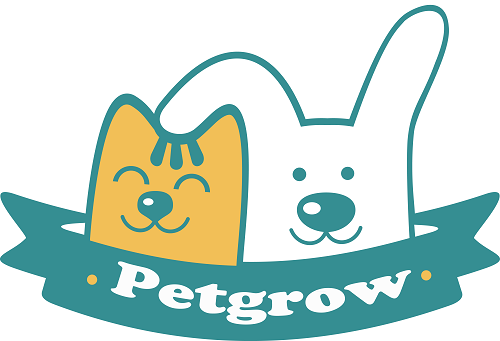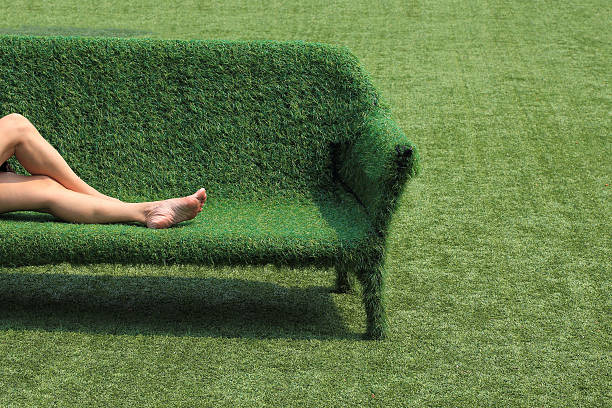Artificial grass is environmentally friendly
Artificial grass, also known as synthetic grass, offers many advantages to homeowners looking for an eco-friendly alternative to natural grass. This article explores the environmentally friendly properties of artificial turf, highlighting its positive impact on the environment. From conserving water and reducing chemical use to reducing pollution, artificial grass becomes a sustainable landscaping solution. Read on to learn why artificial turf is a compelling choice for eco-conscious individuals.
One of the fundamental benefits of artificial grass is its water-saving properties. Unlike traditional lawns, which require regular watering, artificial turf does not require excessive irrigation. Therefore, artificial turf greatly contributes to water conservation efforts, making it an environmentally friendly option, especially in areas facing water scarcity.

Fertilizer-free maintenance:
Maintaining natural lawns often requires the use of fertilizers, which can have a negative impact on the environment. Artificial grass eliminates the need for fertilizers and reduces the risk of water pollution from runoff. By choosing artificial turf, homeowners can help maintain water quality and protect nearby ecosystems.
Pesticide-free environment:
Traditional lawns often require the use of pesticides to address a variety of plant and lawn problems. However, these chemicals can pose health risks to humans, animals and the environment. Artificial turf eliminates the need for pesticides, ensuring a safe and healthy environment for your family and pets. With artificial turf, you can enjoy a lush, green lawn without compromising the well-being of your loved ones or the ecosystem.
Reduce pollution:
Traditional lawn maintenance practices contribute to air and noise pollution, with gas lawn mowers being a significant source of emissions. Research from the U.S. Environmental Protection Agency shows that using a gas lawnmower for one hour causes as much pollution as driving a car one hundred miles. By switching to artificial turf, homeowners can significantly reduce air pollution because there is no need to mow the grass, creating a cleaner, healthier living environment.
High quality, non-toxic:
To address past issues, modern artificial grass products, such as petgrow artificial grass, are made from high-quality materials that are free of toxic substances such as lead. Extensive research proves that high-quality artificial grass poses no health risks, giving homeowners peace of mind. Additionally, the study concluded that the use of granulated rubber as infill for artificial turf sports fields does not pose a risk to children or adults.
In summary:
Artificial grass offers a range of environmentally friendly benefits, making it an ideal choice for sustainable landscaping. By installing artificial turf, homeowners can contribute to conserving water, reducing the use of harmful chemicals, minimizing pollution, and creating a safer environment for their families and pets.


Share:
Artificial turf is good for outdoor activities of the elderly
How to choose a suitable PETGROW artificial turf?